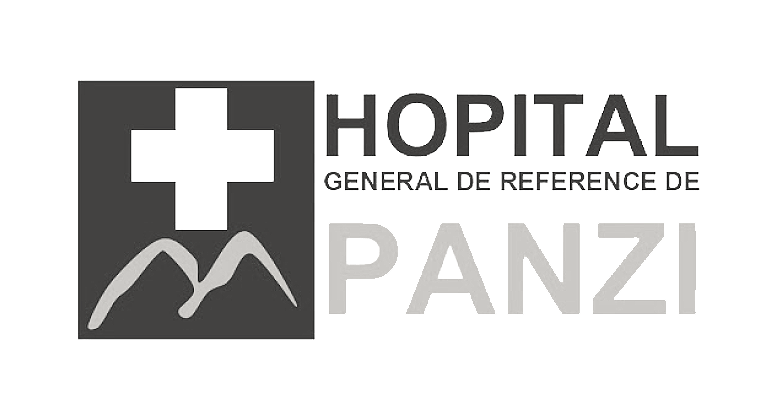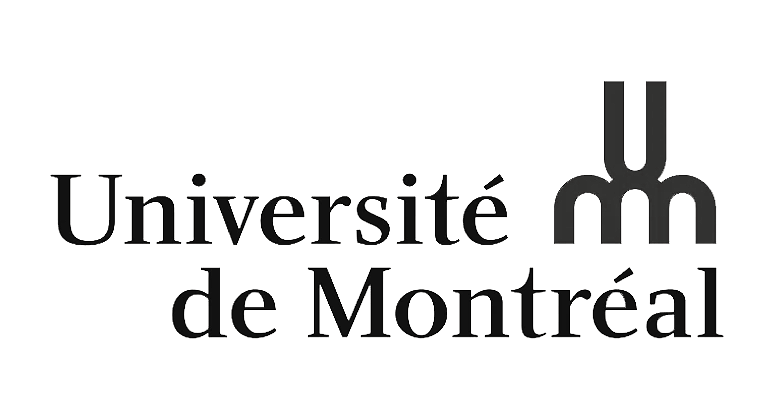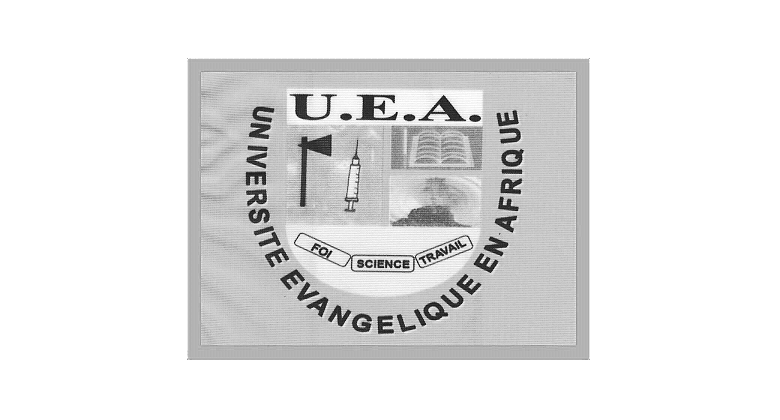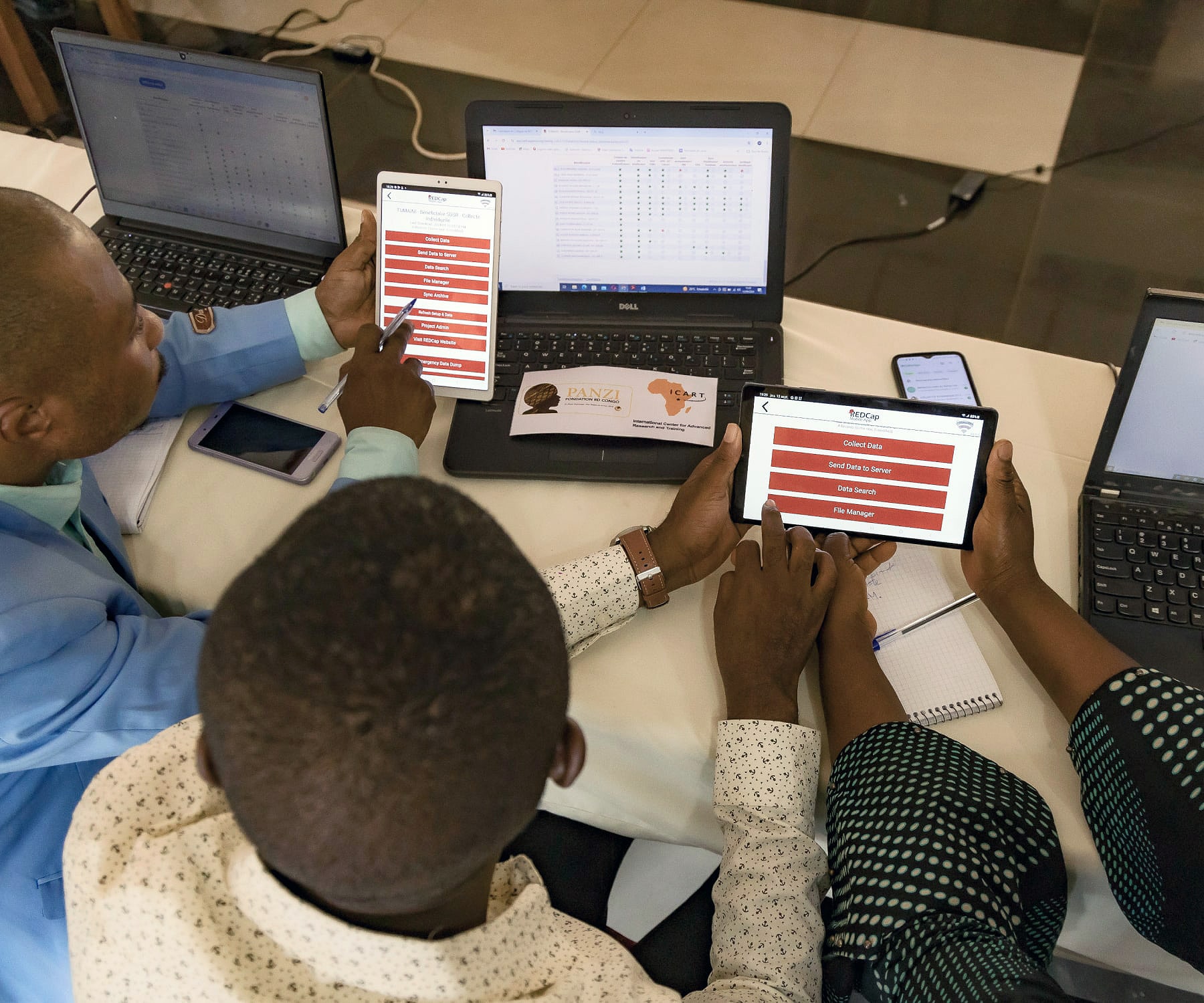
transformative programming
Icart: Research & training
Founded in 2013, The International Center for Advanced Research and Training (ICART) focuses on advancing research and providing essential training in the Democratic Republic of the Congo to address the complex challenges caused by war and sexual violence.
Auftrag und Vision
ICART’s mission is to support excellence in research and leadership at the Panzi Foundation (FP) and Panzi General Referral Hospital (HGRP) as well as implementing an evidence based practice through the Panzi Foundation and General Reference Hospital. We aim to train future generations of researchers and practitioners in Sexual and Reproductive Health and Rights (SRHR), with a focus on women’s rights as essential to societal development.
ICART aims to be a global leader and a Center of excellence in research and training for addressing local issues with global significance, generating evidence-based recommendations for policy and advocacy, and quipping future generations with transferable skills.
Program objectives:
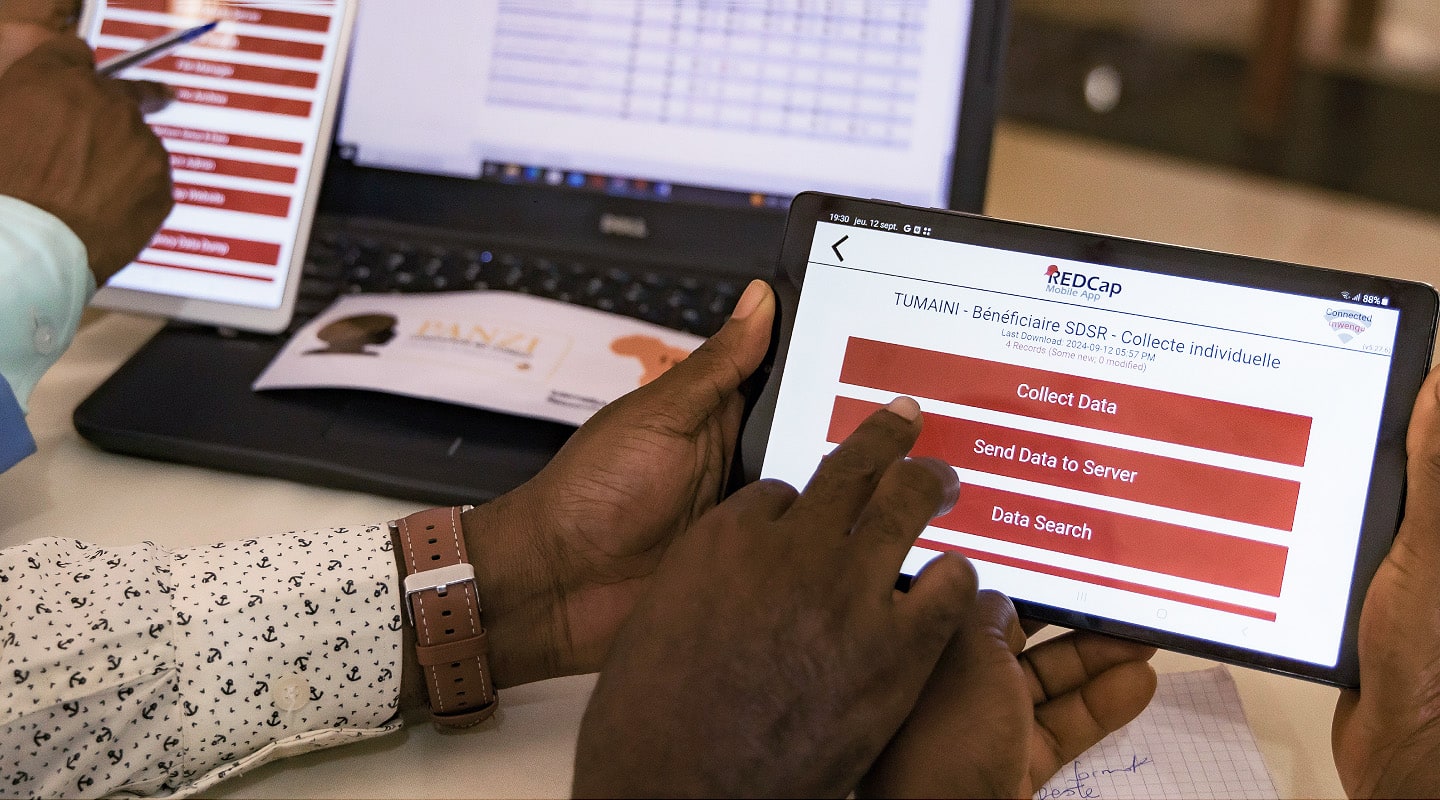
Strengthening Research Capabilities
ICART enhances the research skills of local researchers by:
- Developing and conducting scientifically recognized research projects
- Sharing research internationally through publications and presentations
- Promoting higher education alongside research
- Ensuring ethical standards in all research, especially SRHR studies
- Managing data specific to FP and HGRP
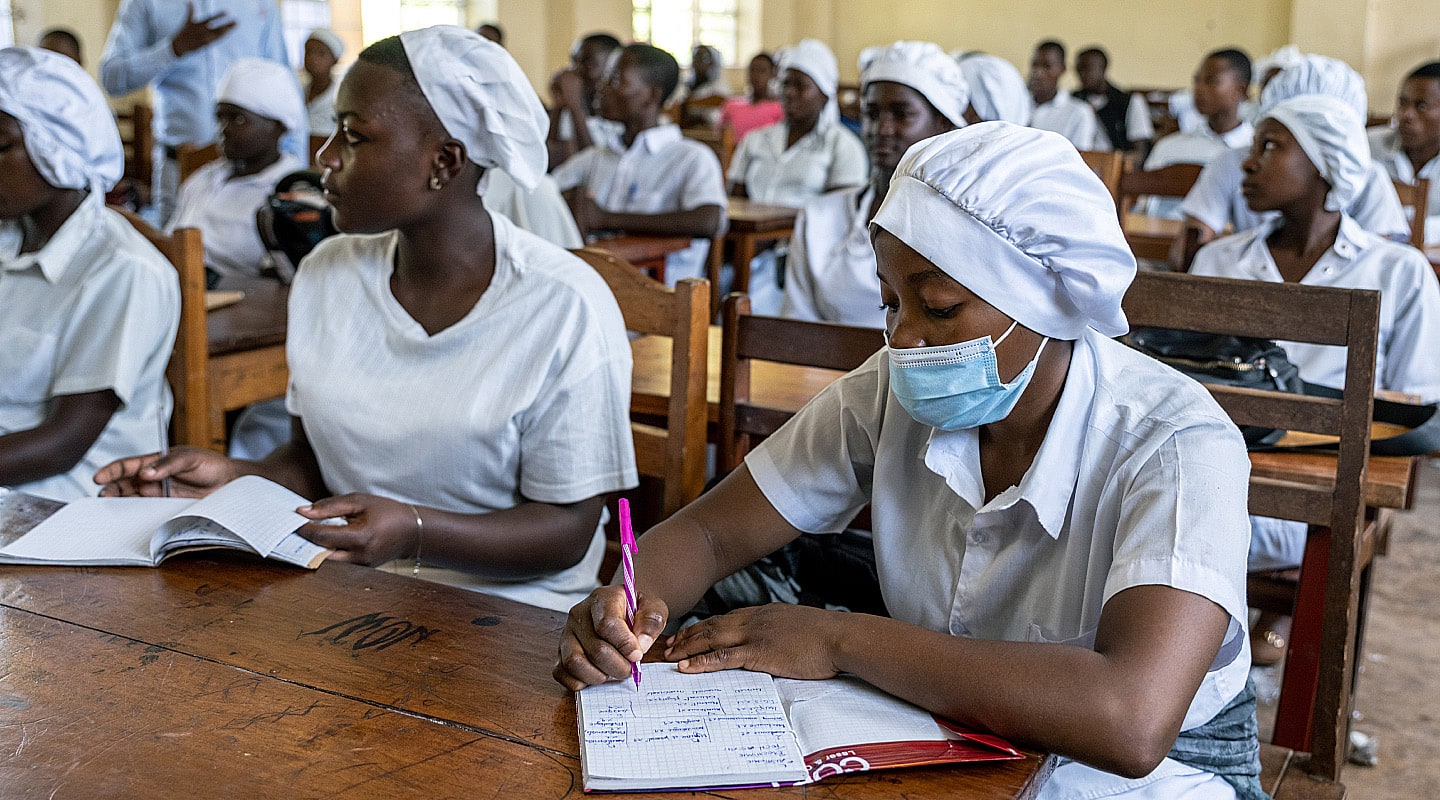
Enhancing Evidence Based Practice Through Training and continuing education
ICART provides continuous training for SRHR teams by:
- Identifying evolving training needs for service providers and communities
- Creating tailored programs to meet those needs
- Evaluating the impact of training on evidence based practice and quality of care
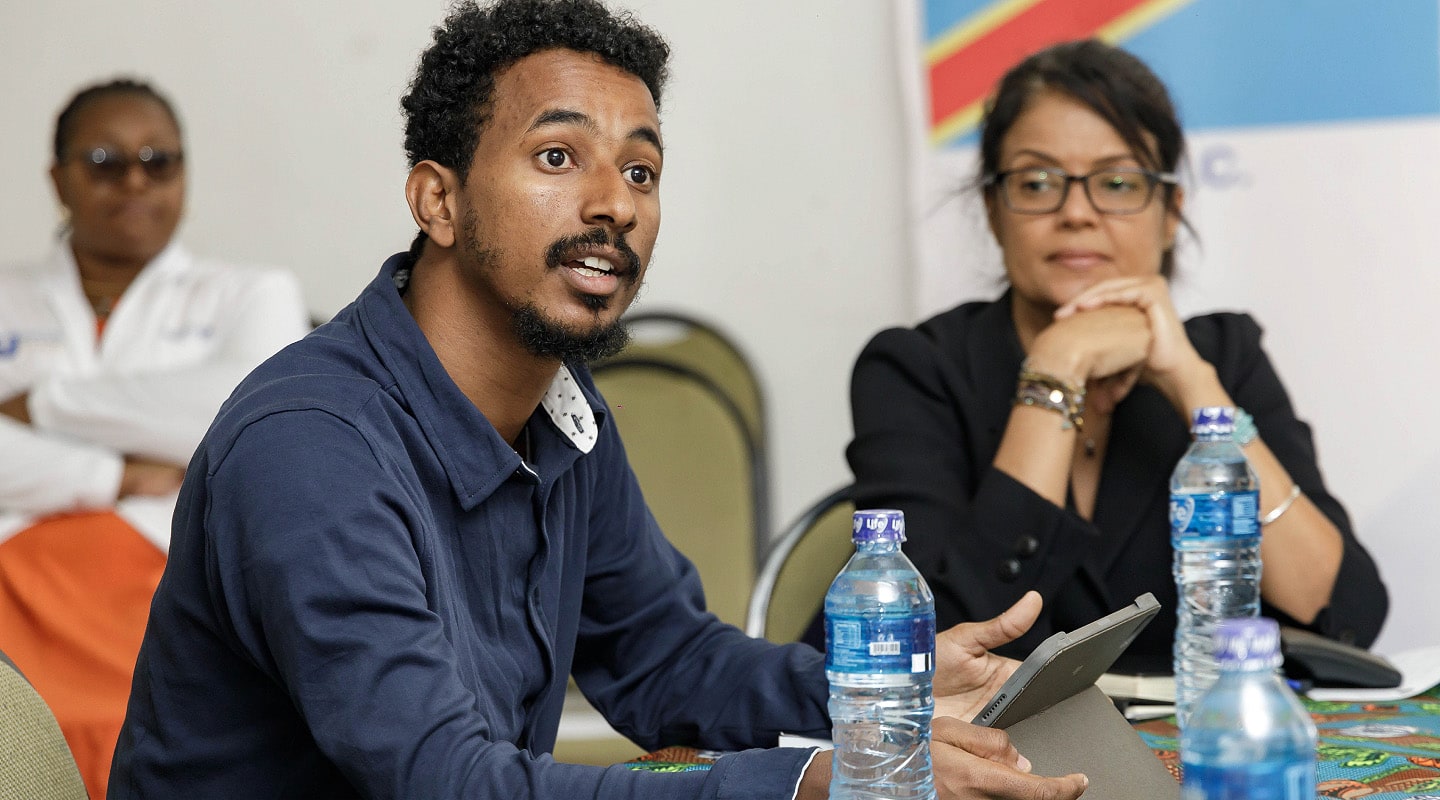
Facilitating Collaboration
ICART fosters partnerships between local and international researchers and trainers to strengthen global SRHR efforts.
ICART is a beacon of hope for Africa’s future. Through innovation, collaboration, and the empowerment of our local researchers, we are building the capacity to solve our own challenges. ICART stands as a pillar for scientific progress, ensuring that the solutions we create are driven by those who understand our needs the most.
Dr. Denis Mukwege
Our History
When the war hit the DRC, it brought an overwhelming crisis that required specialized skills and understanding to address, particularly in dealing with sexual violence. At the time, there was a lack of deep insight into the situation on the ground and insufficient resources to properly care for survivors. ICART was created to fill this gap by conducting local, Congolese-led research and offering crucial training to healthcare providers.
Dr. Denis Mukwege, 2018 Nobel Peace Prize laureate, founded the Panzi Foundation and its One Stop Center to support survivors of sexual and gender-based violence through a holistic Model of care comprising 4 pillars of care: medical treatment, psychological support, legal assistance, and economic empowerment. ICART aligns with the foundation’s mission, providing research and training to further the holistic care model for survivors.
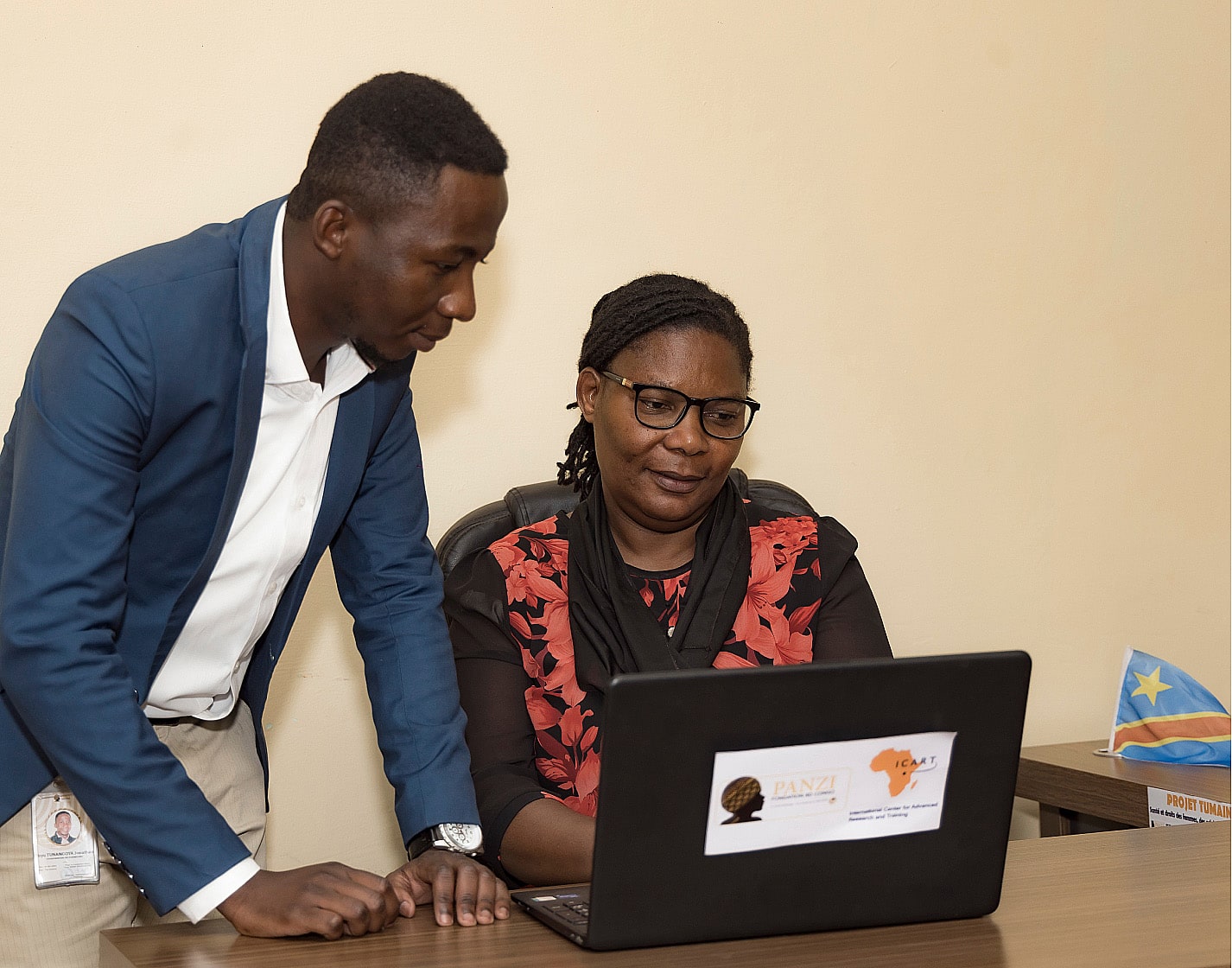
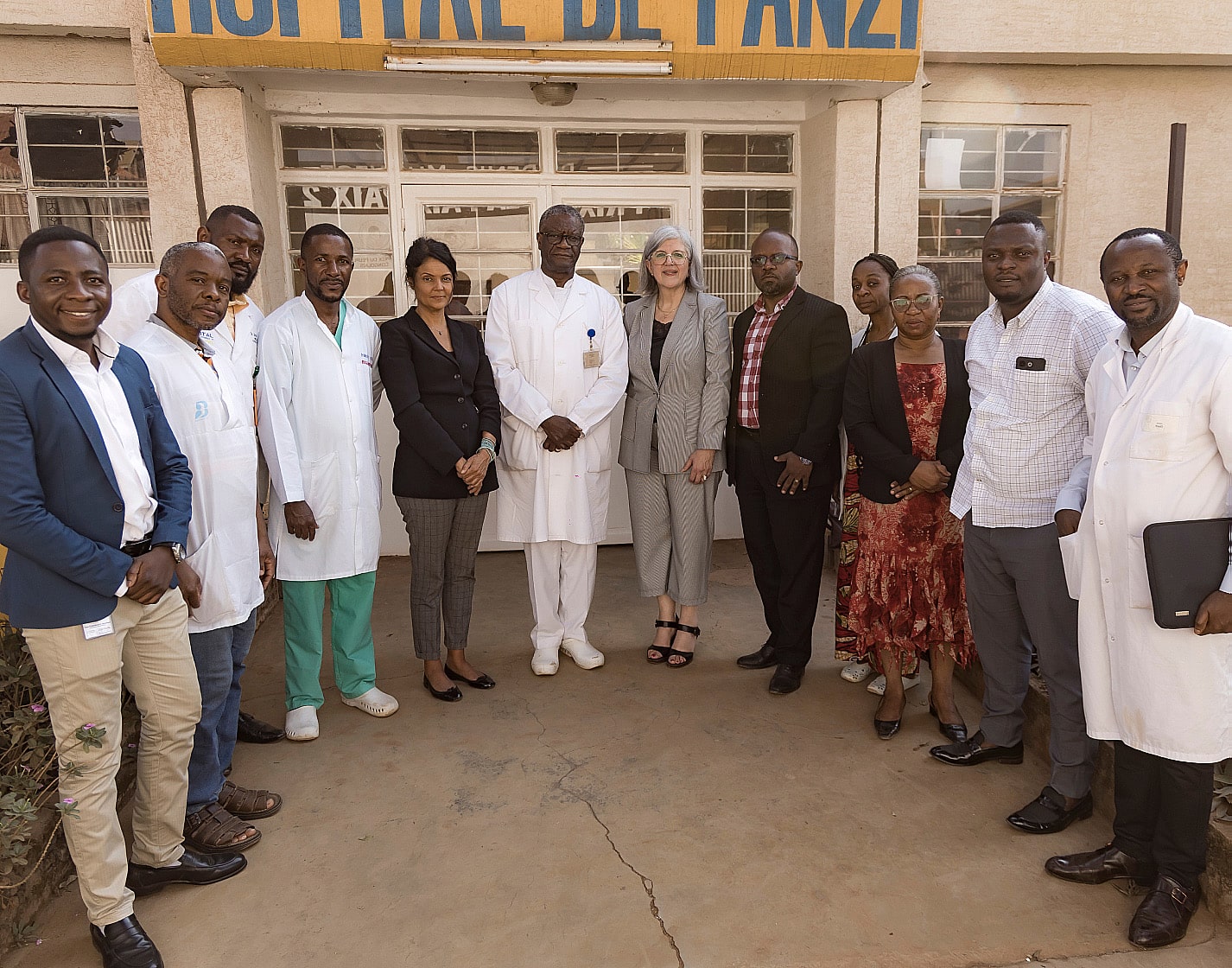

The idea for ICART came about when Dr. Mukwege visited the University of Michigan in 2010. Discussions during his visit led to a collaboration, with the Université Évangélique en Afrique (UEA) joining as a key local partner. Since then, ICART has focused on training local researchers in research methods, ethics in human subject research, data management and analysis, and scientific writing and presentation.
In 2020, the University of Montreal joined forces with ICART to continue its mission, particularly through the Tumaini project, which focuses on Sexual and Reproductive Health and Rights (SRHR) research and training. This project, funded by Global Affairs Canada, will run through 2027. ICART strives to conduct research and training that is scientifically rigorous and ethically sound, benefitting the communities it serves.
For the past decade, ICART has worked to build capacity in the DRC.
In a region where there are only 20 researchers per million people—compared to 246 in Europe—ICART’s efforts are crucial in improving the quality of care and ensuring evidence-based approaches to the crisis. By empowering local healthcare workers and advancing research, ICART is helping to create sustainable solutions and stronger communities in the DRC, focusing on North-South Cooperation to bridge knowledge gaps between local experts and the international community.




